Editor’s Note: This is the fourth of a series of profiles taking a closer look at US presidents ahead of the 2024 presidential election between Donald Trump and Kamala Harris.
Before Donald Trump took office, George W Bush was the most divisive US president of the modern era.
Bush was the centre of controversy before he was even sworn into office.
The 2000 US election and the outcome – where the Supreme Court essentially handed Bush the presidency by stopping an ordered recount – set the stage for what was to come.
The Bush years witnessed arguably the most consequential event of this century – the 9/11 attacks.
The day the twin towers crumbled and the invasions of Iraq and Afghanistan afterward had a major impact on both America and the world.
Let’s take a closer look at the 43rd President of the United Sst
Early years
Bush was born on July 6, 1946 in New Haven Connecticut.
His parents were George HW Bush and Barbara Bush.
Dubya, as he would later be known, grew up in Texas.
Bush went to the Phillips Academy in Andover, Massachusetts.
He was also a legacy admission to Yale University – which his father George W Bush and his grandfather Prescott Bush attended.
Bush began his career in 1975 as an oilman – a classically Texas profession.
Bush first worked at the firm of a family friend and then at his own company.
He also met Laura Welch – a teacher and librarian – and married her.
Politics and presidency
In a way, George’s dive into politics was foreordained.
After all, his father George HW Bush would later serve as President of the United States and Vice-President of the United States under Ronald Reagan as well as the CIA chief.
His grandfather Prescott was a US Senator, while his brother Jeb would become the governor of Florida.
Bush’s political career had actually kicked off in 1978 when he made a failed attempt to run for Congress.
It was only a decade and a half later, in 1994, that Bush would run for governor of Texas and win.
As governor, he focussed on education and crime.
Though Bush was re-elected as governor in 1998, he had already set his sights on the presidency.
Bush in 1999 announced his bid for president. He positioned himself as a ‘compassionate conservative’
Bush won the Republican nomination and squeaked out a victory against his opponent Al Gore in the general election – with an assistant from the Conservative-leaning Supreme Court – winning 271 Electoral Votes to his opponent’s 266.
Bush immediately proposed a huge tax cut for the wealthy – which passed Congress.
He also announced that the US would withdraw from the Kyoto Protocol which the US had signed under his predecessor Bill Clinton.
Then, nine months into office, the September 11 attacks would shake America.
Over 3,000 people would be left dead in the worst attack on American soil ever.
Bush would respond by declaring a ‘global war on terror.’
He would go on to invade Afghanistan in 2001 and Iraq in 2003.
Domestically, he would also expand the powers of the state by passing the PATRIOT Act through Congress.
America under Bush would suffer some of the worst blows to its reputation around the world – over the falsehoods his administration perpetrated about Iraq having nuclear weapons in the run-up to the war, the treatment of prisoners at Abu Graib prison and the so-called ‘enhanced interrogation’ techniques.
Legacy
Bush exited the US presidency in 2009 a thoroughly unpopular president.
In fact, with an approval rating of just 22 per cent, he left office as one of the most unpopular presidents in history.
Historians too, savaged Bush.
He is ranked just outside the 10 worst presidents in US history.
But amazingly, Bush’s approval rating has climbed to 61 per cent since leaving office – proving that for politicians, time and distance equals relative popularity.
Bush also remains one of the most popular figures in Africa, where his programmes to combat HIV have saved millions of lives.
He has spent most of his time in retirement painting and clearing brush on his farm.
He insists that he is done with active politics and does not wish to be drawn into the current political scene in America.
With inputs from agencies


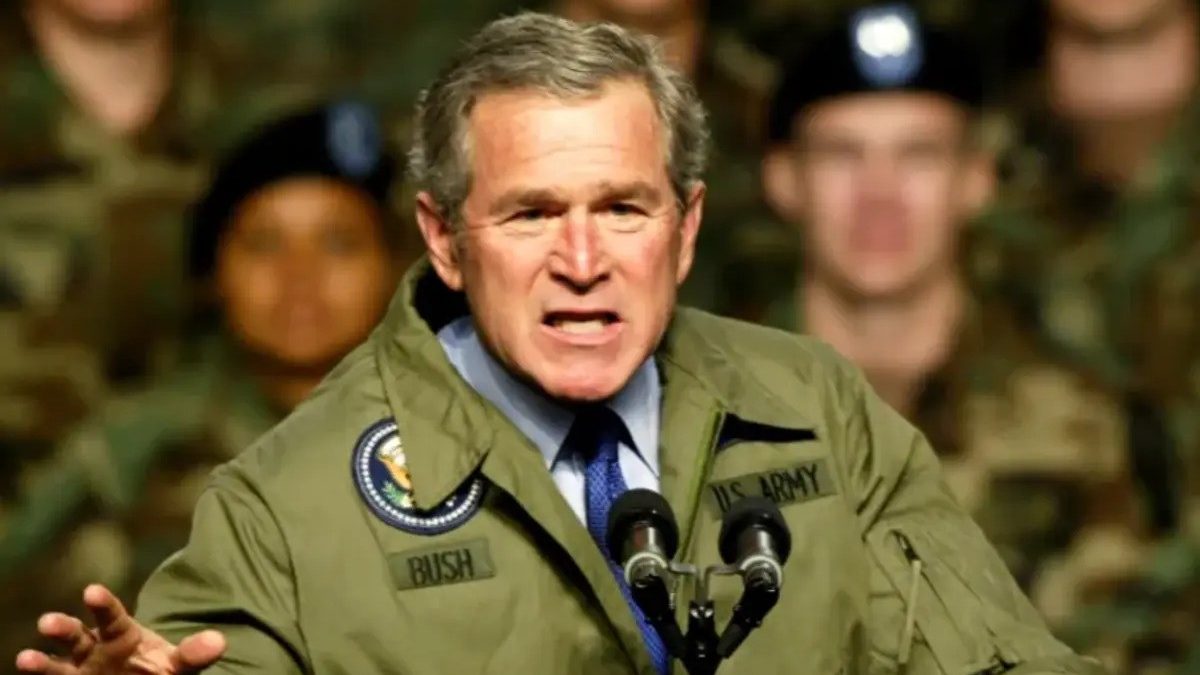)
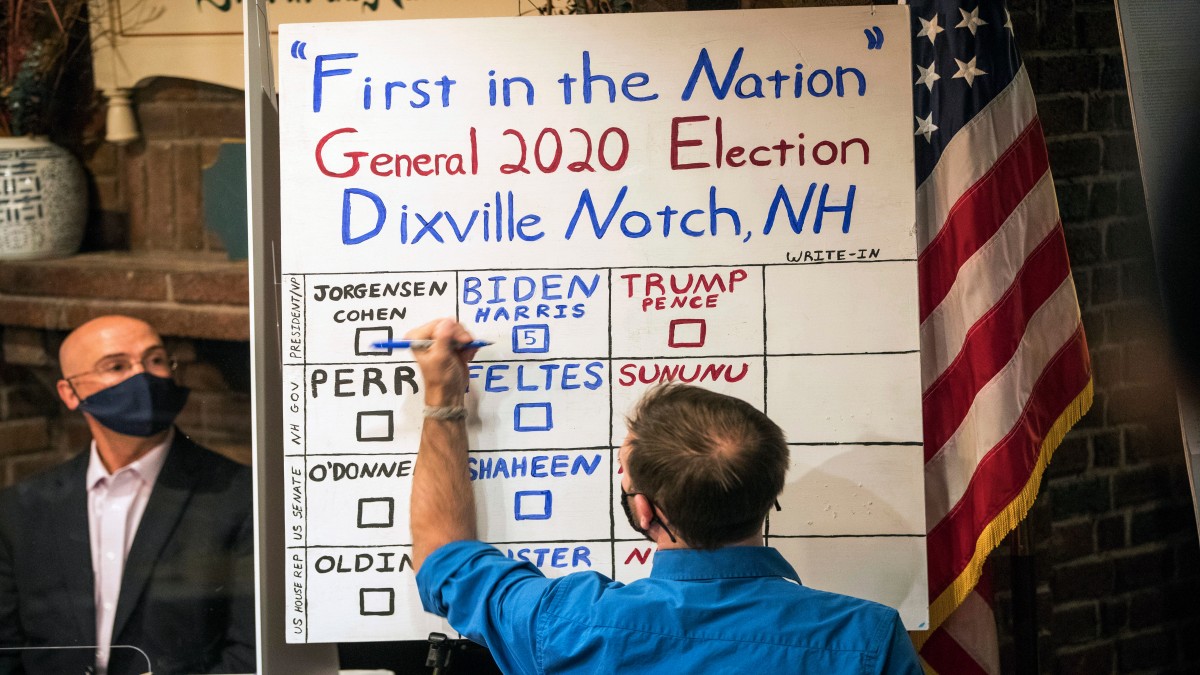)
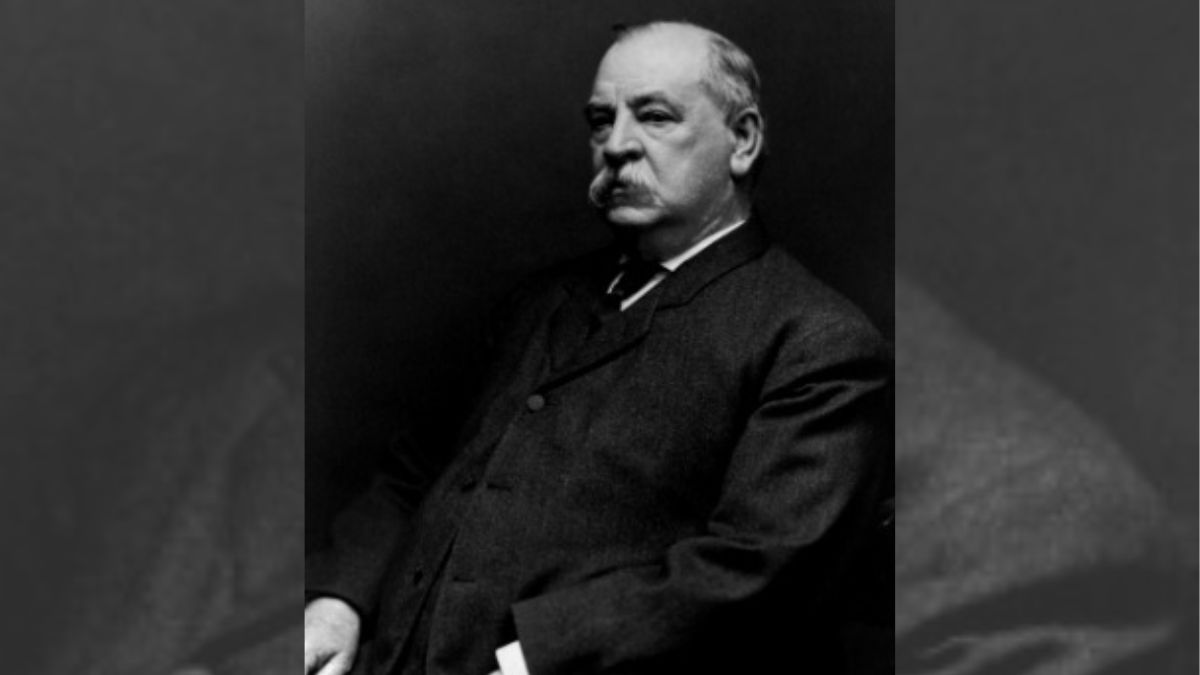)
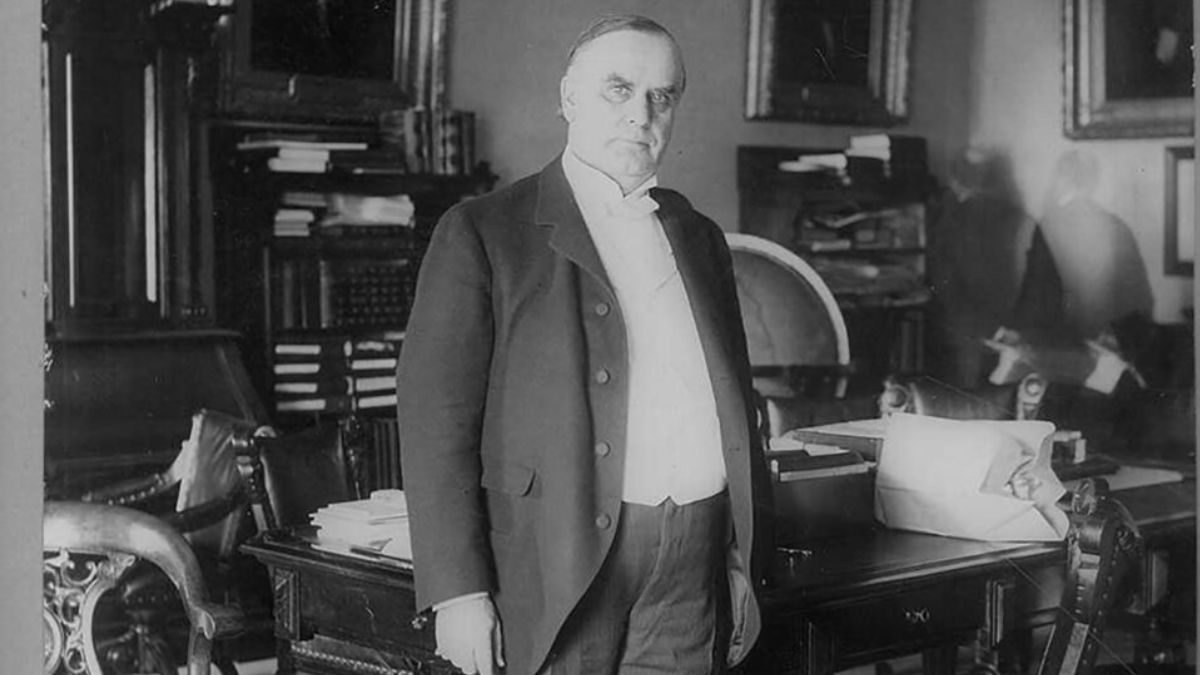)
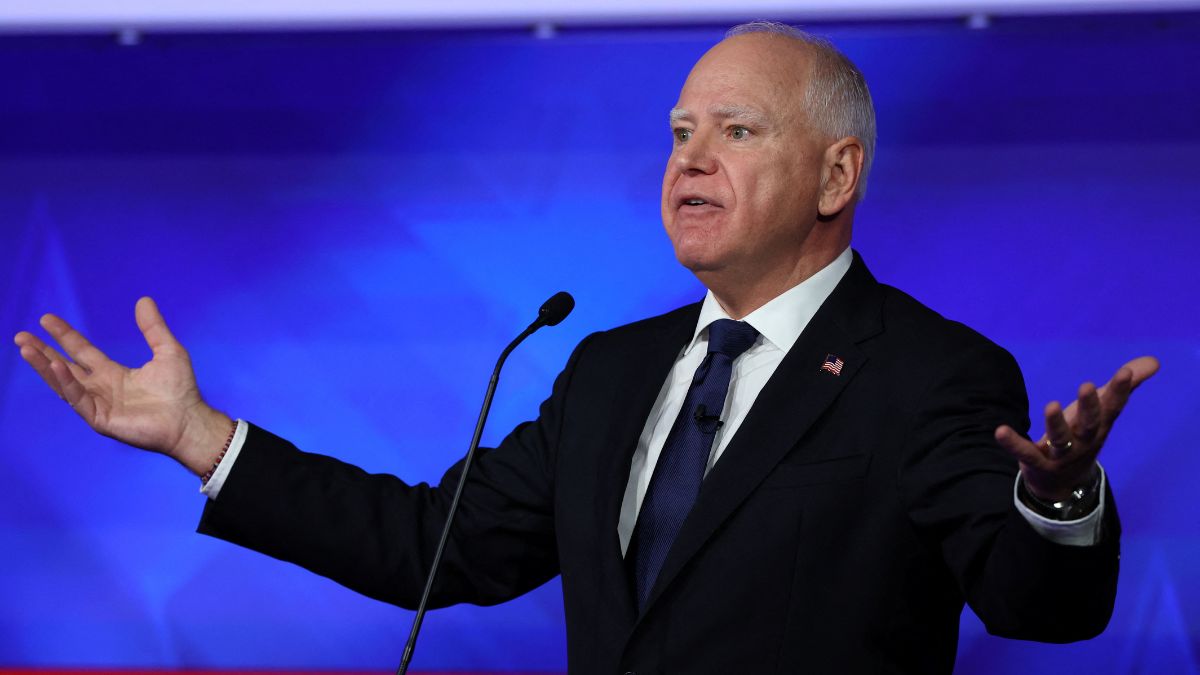)
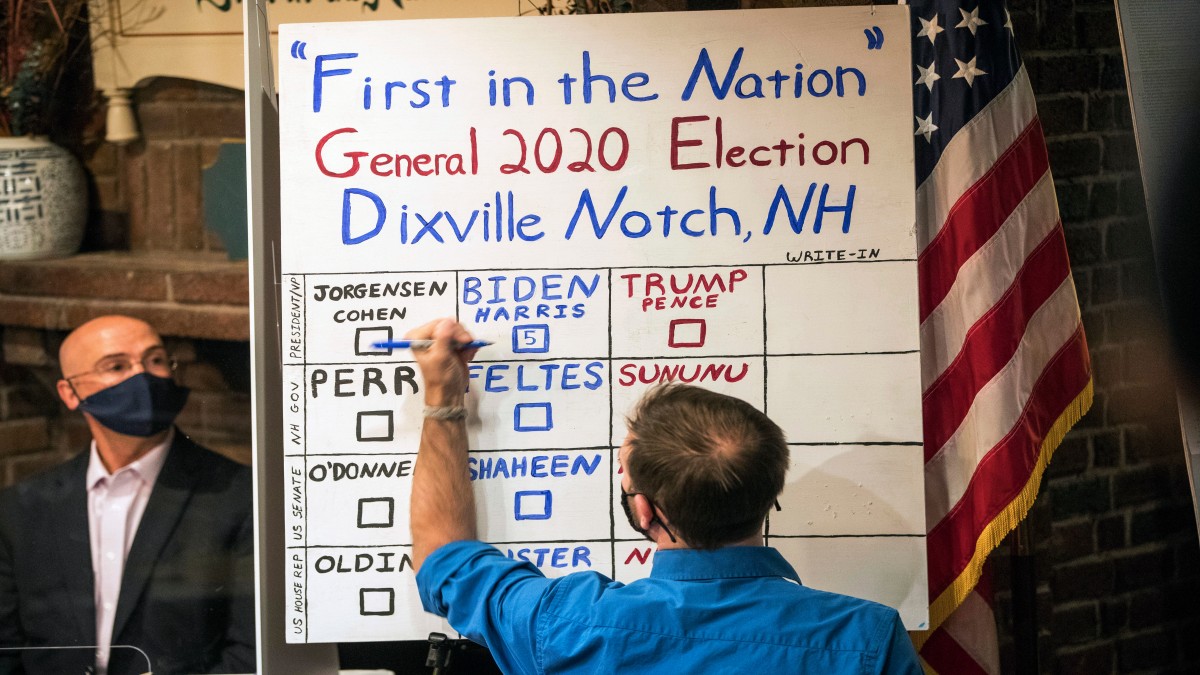)
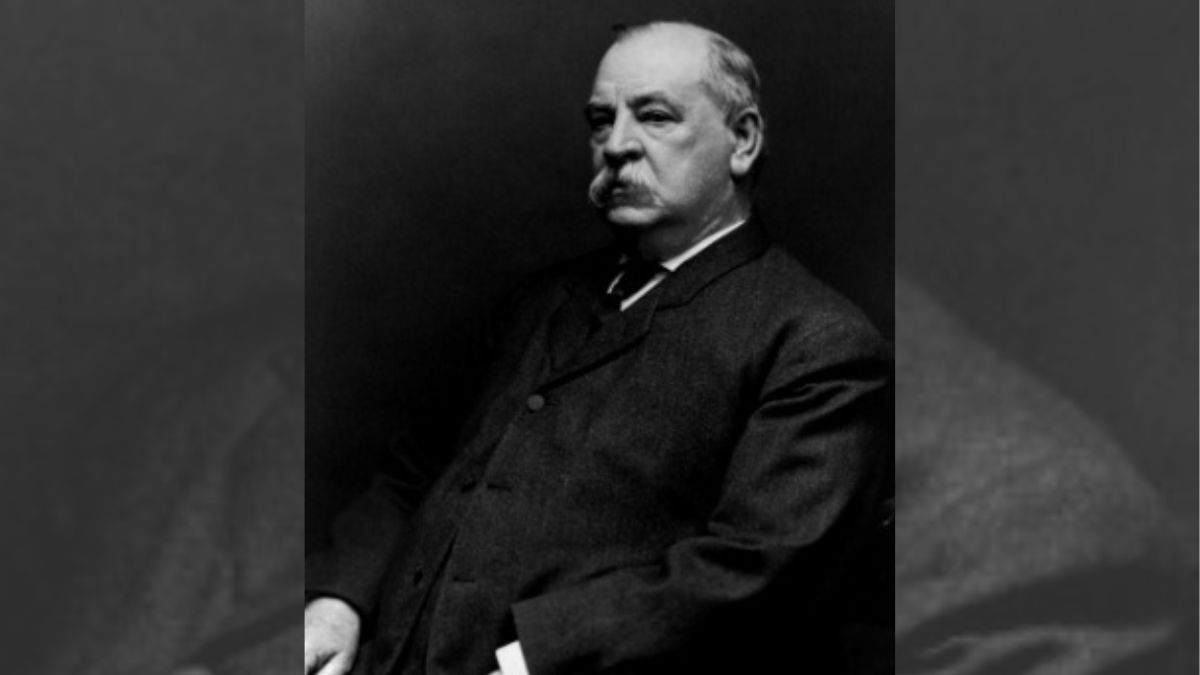)
)
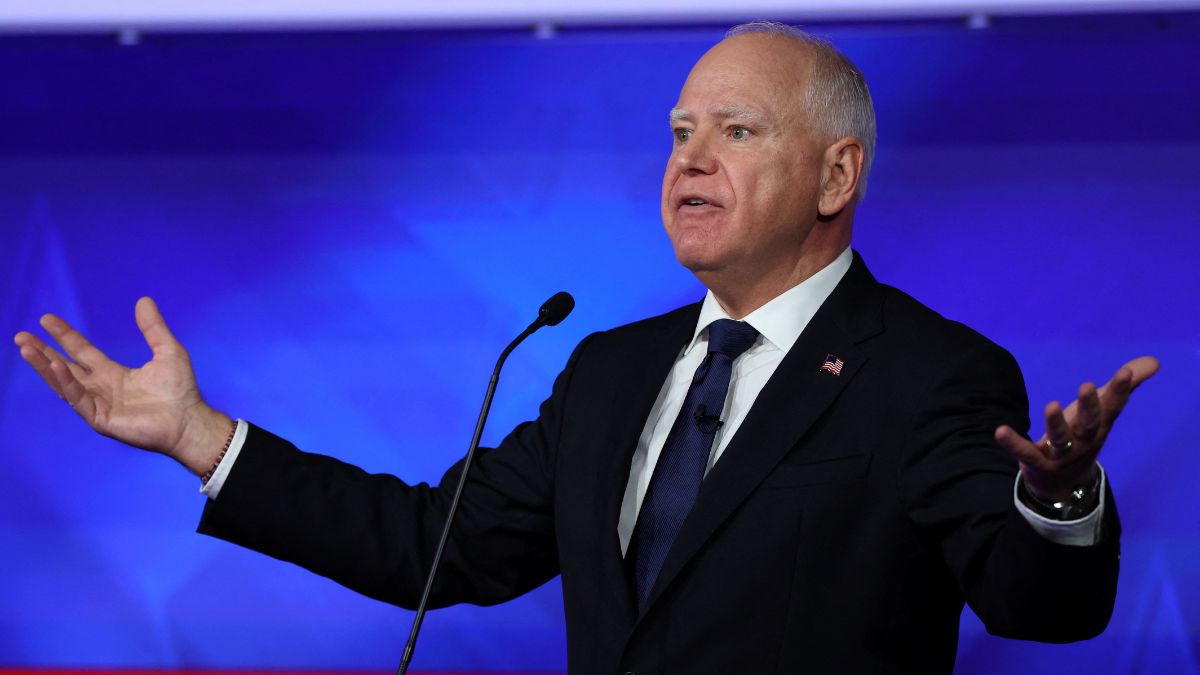)



